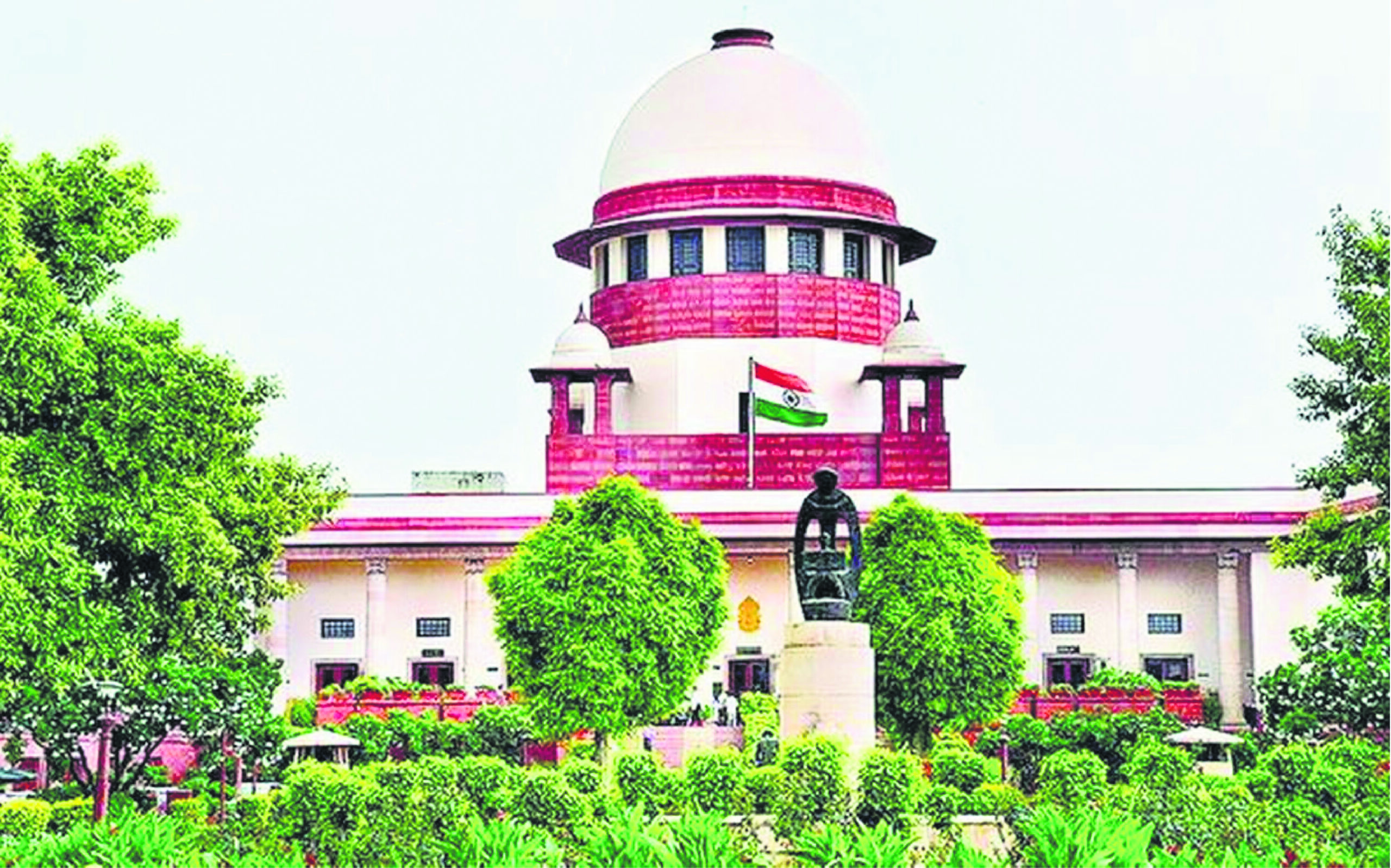
The Supreme Court emphasized its role as not being the authority over elections or the Election Commission, stating it cannot dictate the Commission’s operations. This statement was made during a hearing on petitions seeking comprehensive verification of votes cast on Electronic Voting Machines (EVMs) with paper slips from the VVPAT system.
The court, comprised of Justice Sanjiv Khanna and Justice Dipankar Datta, questioned the validity of acting solely on suspicion. In response to concerns raised by Advocate Prashant Bhushan, representing the petitioner Association for Democratic Reforms, the court indicated it couldn’t alter individuals’ predisposed perspectives. It underscored that its role wasn’t to change preconceived notions. The petitions, amid Opposition’s worries about the EVM voting system, aim to mandate verification of all votes on EVMs with VVPAT-generated paper slips.
Currently, such verification occurs randomly for five EVMs per Assembly constituency. Previous hearings saw petitioners highlighting public trust issues and comparing with European countries reverting to ballot voting, but the court dismissed these comparisons, noting the unique challenges.
The Election Commission asserted the current system’s integrity. An EVM comprises a control unit, balloting unit, and is connected to a VVPAT machine for voter verification. The court sought clarifications on microcontrollers’ re-programmability, with the Election Commission stating they can be programmed only once.
However, Bhushan argued that the microcontrollers have re-programmable flash memory. The court acknowledged the Election Commission’s technical report, emphasizing the limited flash memory’s capacity. It questioned the possibility of loading malicious programs into the flash memory but emphasized its inability to issue mandates based solely on suspicion, reiterating its non-authoritative role over the Election Commission and elections.